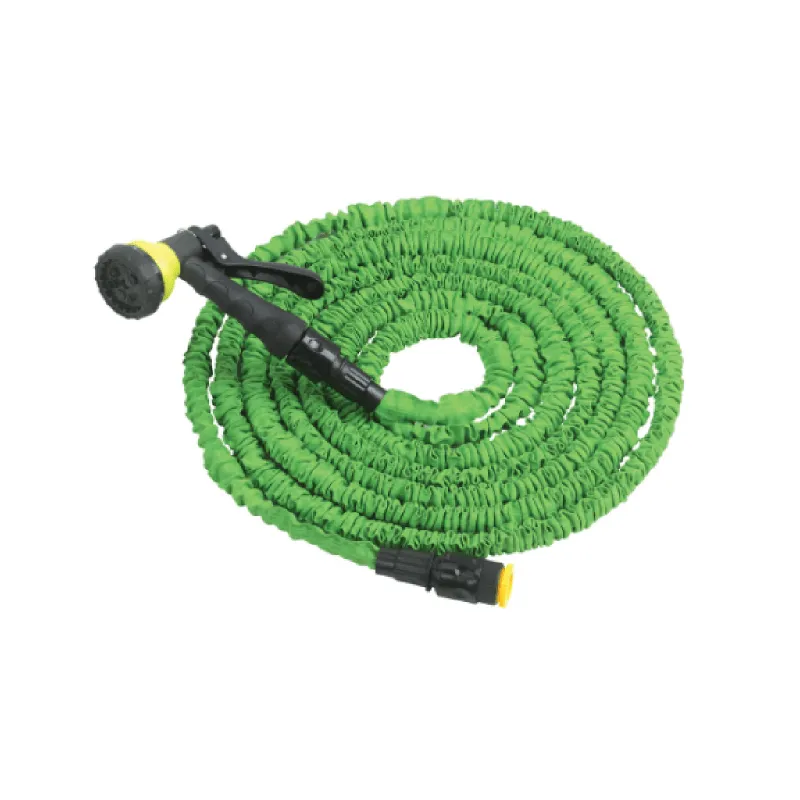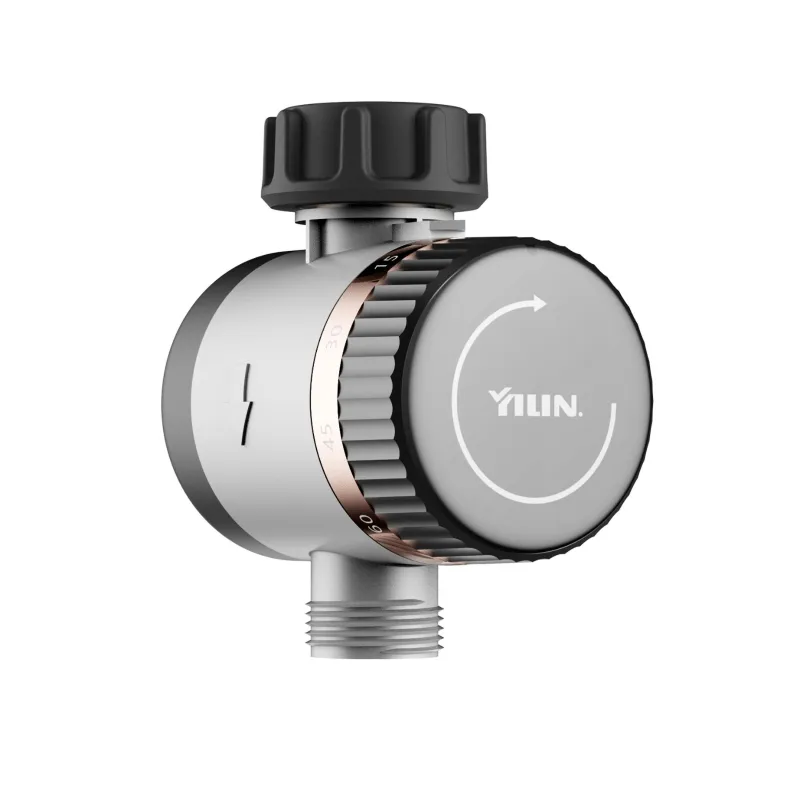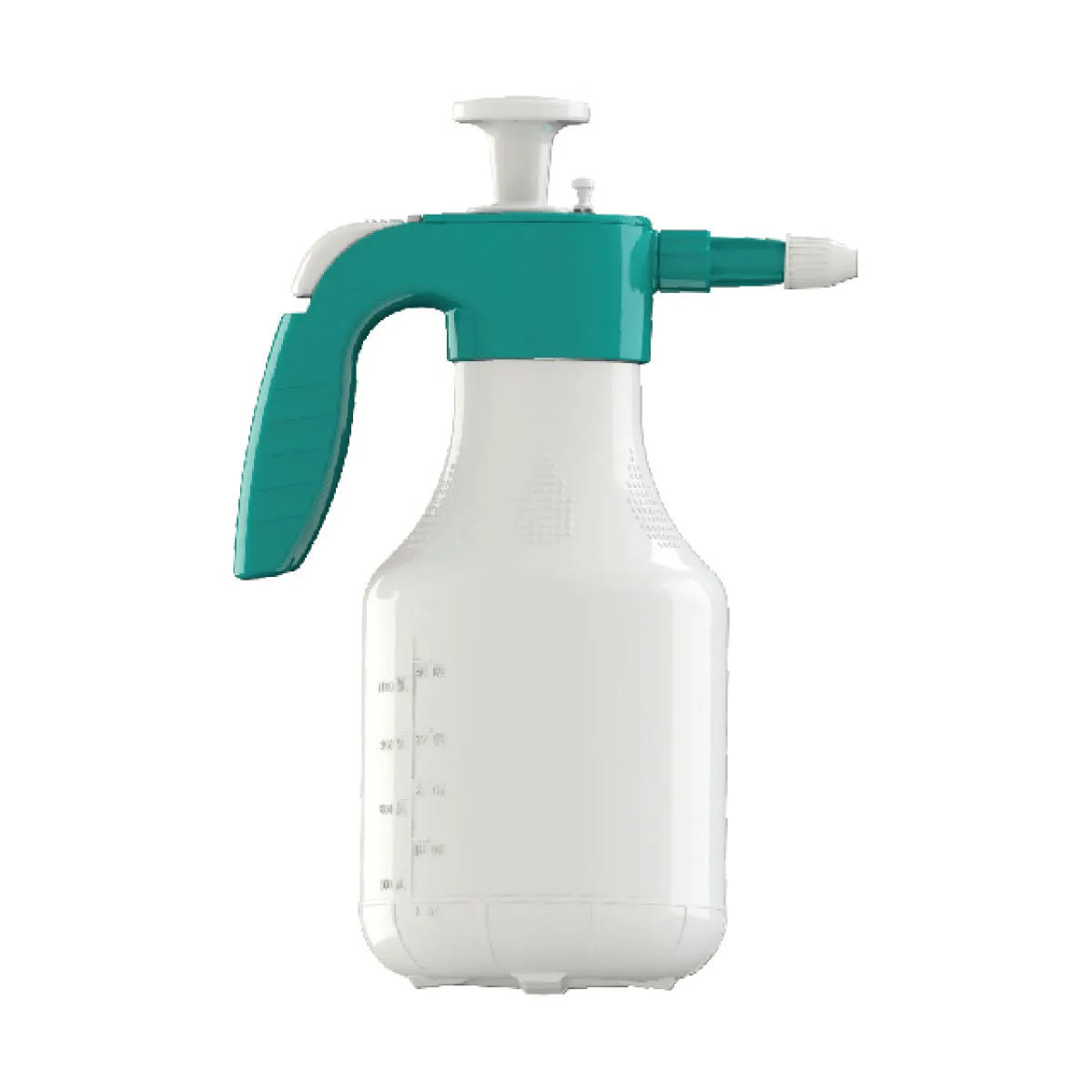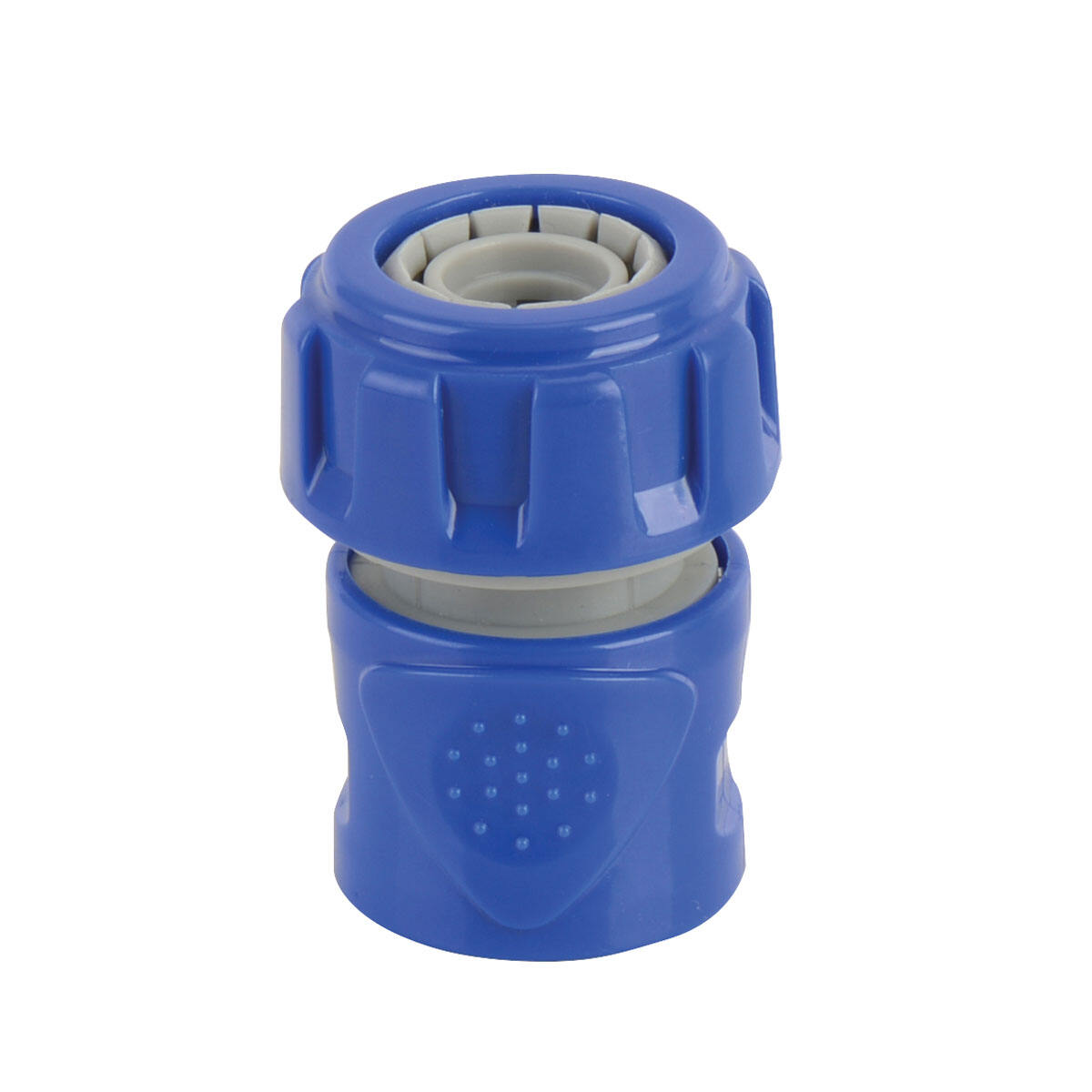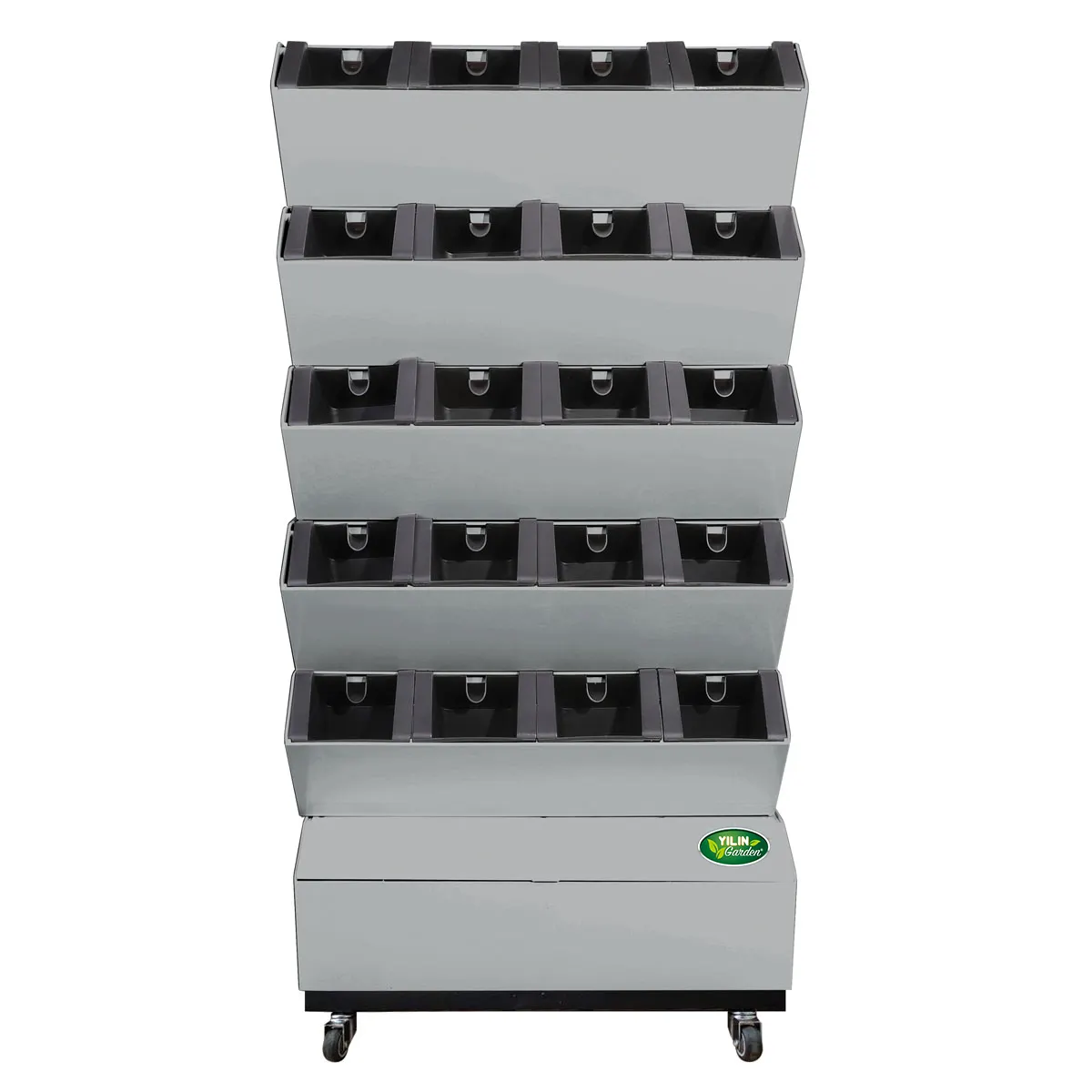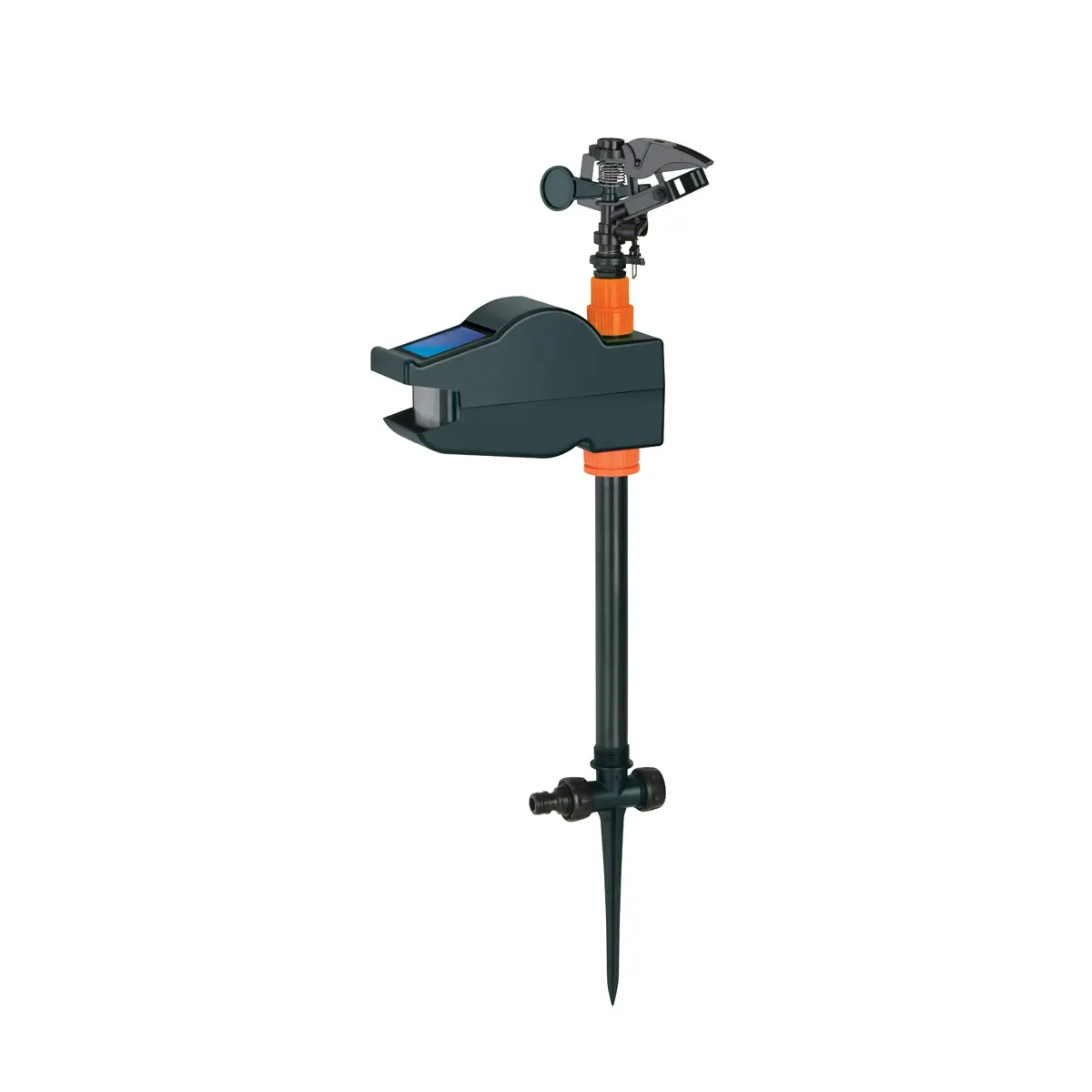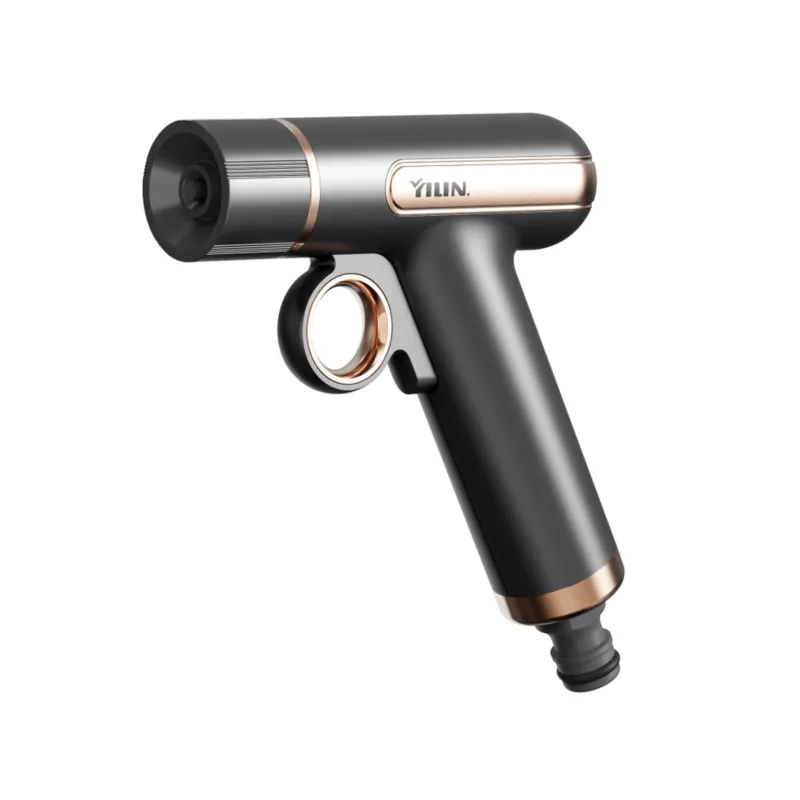best watering system for vegetable garden
The best watering system for vegetable gardens combines efficiency, automation, and precision to ensure optimal plant growth. Modern systems typically feature smart controllers that monitor soil moisture levels and weather conditions, automatically adjusting watering schedules accordingly. These systems often incorporate drip irrigation technology, which delivers water directly to plant roots, minimizing waste and preventing leaf diseases caused by overhead watering. The setup usually includes a main control unit, moisture sensors, pressure regulators, and a network of flexible tubing with precise emitters. Advanced systems may also include rain sensors that automatically pause watering during rainfall, and zone controls that allow different areas of the garden to receive varying amounts of water based on plant needs. Many systems now offer smartphone connectivity, enabling remote monitoring and control through dedicated apps. The integration of water-efficient technologies helps conserve resources while maintaining ideal growing conditions for vegetables. These systems can be customized to accommodate gardens of various sizes and configurations, from small raised beds to extensive plot layouts, making them versatile for both hobby gardeners and serious cultivators.





